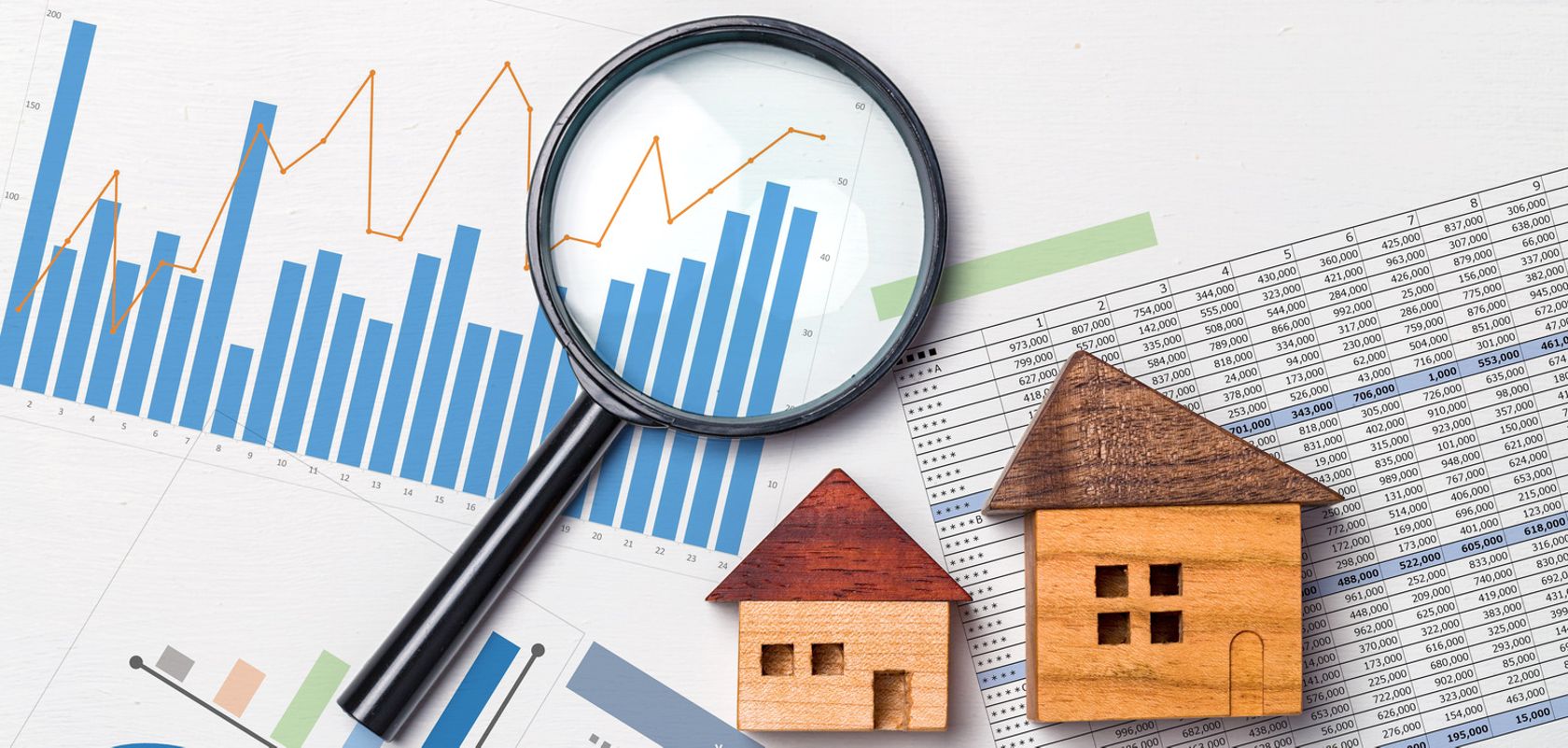
06 February 2023#WeeklyWatch
Fixed rate or variable rate? The rise of mortgages
Rising mortgages and new hikes from the Bce: how will the housing market evolve?
Up to 197 EUR per month. This is the biggest expense facing those with a home mortgage on their backs, after the repeated interest rate hikes decided by the European Central Bank (Bce) during 2022. The latest was just recently, on Thursday 2 February, when the Bce decided on a 0.5% rise, bringing the cost of money in the eurozone to 3 per cent, the highest level since the autumn of 2008. Bce President Christine Lagarde also said that there will probably be another half-point rate increase in March.
So, for those with home mortgages on their backs, there was no good news. The calculations were made by the research department of Facile.it, a well-known online comparison portal that allows you to compare the financing offers of the major Italian banks on the Internet, and they show that the sum to be disbursed each month for those who have opened a mortgage now costs 43% more.
With interest rates on the rise, borrowing money from banks to buy a house is therefore a huge sacrifice compared to the past. The rise in mortgage prices also has an inevitable effect on the real estate sector: with fewer resources available among buyers (or would-be buyers), the housing market is also putting on the brakes a bit. The number of purchases and sales is in fact decreasing and in 2023, according to estimates by Tecnocasa's research department, is expected to contract by an average of between 8 and 10 per cent. At the same time, however, prices should show some resistance, remaining, again according to Tecnocasa, in positive territory with a year-on-year increase of between 1 and 3%.
Both mortgages and housing will therefore cost more in 2023 than in 2021-2022. This does not mean, of course, that Italian families should necessarily pull their oars in the bank and give up buying a house. Also because in certain large cities such as Milan, rents are still very high and the mortgage instalment required to buy a property, although more expensive than before, is still in line with or lower than the rent required for a house of equal size. One might as well make an investment and decide to buy, therefore, if one has sufficient income and a sum to advance and then apply for a mortgage.
How to choose the right financing?
One ally is undoubtedly the internet, where there are online comparators such as Mutui.it, MutuiOnline, Facile.it or Segugio.it, which allow you to quickly compare property loan offers from the major Italian banks. It should not be forgotten, however, that variable-rate mortgages have an instalment that follows the trend in the cost of money over time. If the latter rises, the loan instalment also becomes higher.
Hence, with the prospect of further increases in the cost of money, fixed-rate mortgages now appear very competitive. These are loans in which the amount of interest to be paid and the instalment are predetermined and remain constant over time, even if the cost of money set by the Bce rises. As the best fixed-rate mortgages (always with a maturity of 25 years and an amount of 200,000 euro), online comparators are now reporting some loans with an instalment of between 1,000 and 1,050 euro per month as the best products. Paying a few tens of euros compared to the variable rate, therefore, with fixed-interest mortgages you are sure to sleep soundly, without seeing the instalment rise for the entire duration of the repayment plan.
The measures put in place by the government explained by our Real Estate Team
"Our government has activated several measures to help families in difficulty with their mortgage payments. As of this year, it has become a right to obtain a change from variable rate to fixed rate and vice versa, without the need to change banks. This important tool is in addition to the more traditional subrogation, which in the last quarter of 2022 saw a boom in requests (over 30% of subrogations out of the total number of mortgages taken out in November, compared to 20% in October). The government has also extended for the whole of 2023 the possibility of obtaining a suspension of instalment payments for those who have lost their jobs and for other categories of borrowers with obvious problems in honouring their debts: the maximum time allowed for the suspension of instalment payments is 18 months in total, which can also be used in several periods. These government interventions are certainly aimed at helping families, but more generally at mitigating the risk of increasing the mass of bad debts for the entire system. The Banca Ifis Research Department for the two-year period 2023-2024 has in fact estimated €64bn of new impaired credit referred to households and businesses, with a peak in 2023 of €39bn, numbers not seen since 2015 (€42bn) and higher than all the impaired credit generated in the four-year period 2019-2022 (€59bn), a period strongly conditioned by the pandemic crisis and the outbreak of the Russian-Ukrainian war".


